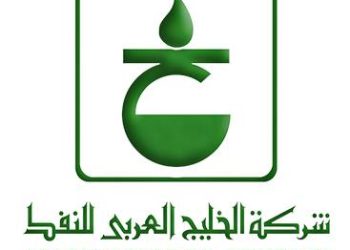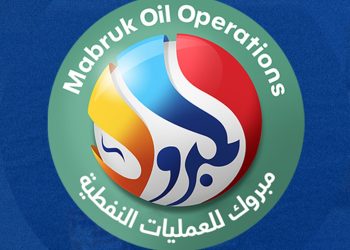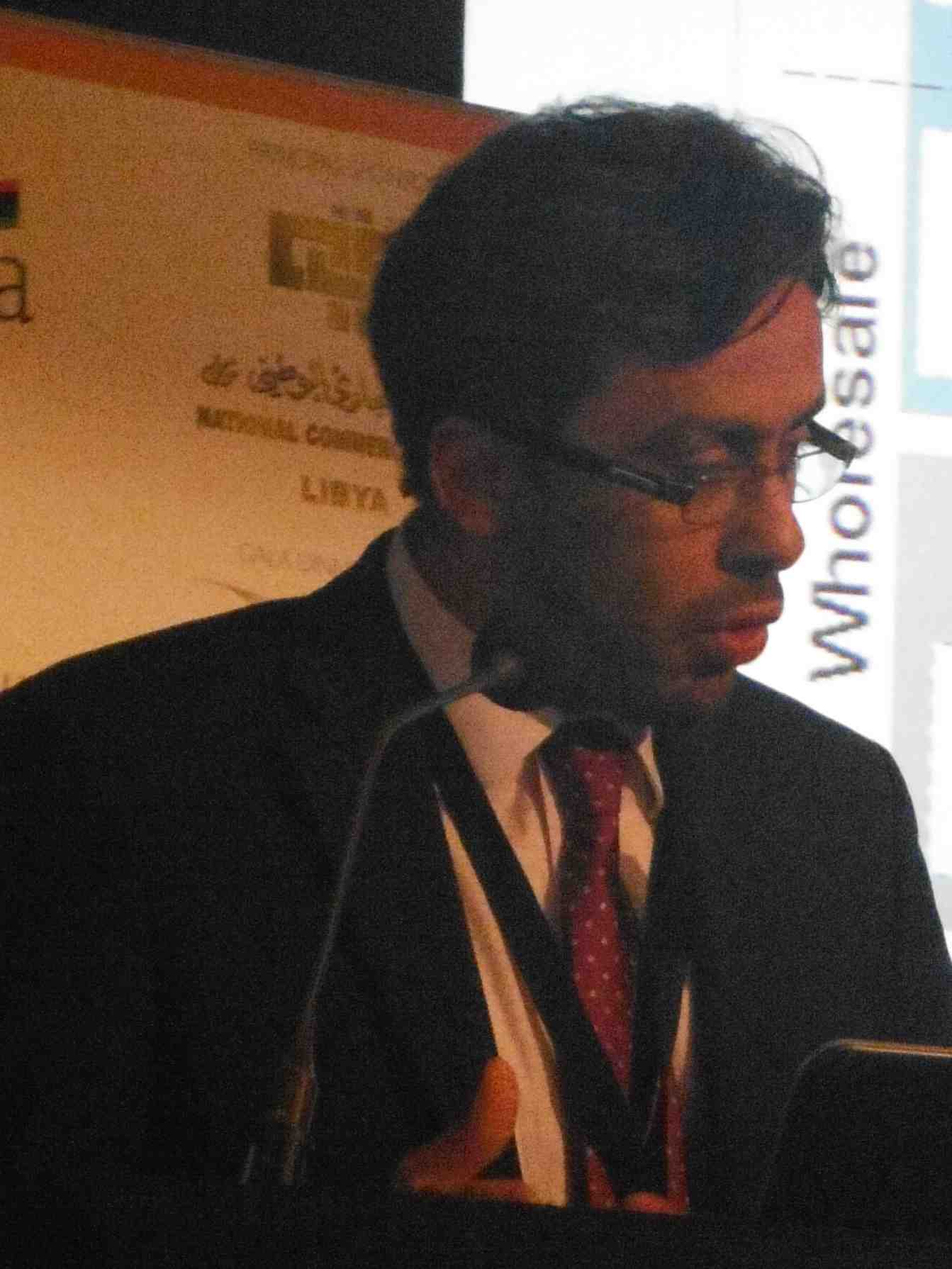Tripoli, 17 September 2013:
Plans to open the Libyan mobile phone market to the private sector have taken a step forward with . . .[restrict]the announcement by Communications Minister Osama Siala that a tender will be launched as early as January for bids from international private telecom companies to operate a fourth network.
At present, there are three mobile phone operators – Libyana, Almadar and Libya Phone – but all are state owned. They contribute between two and three percent of the country’s GDP.
“We are going to propose a mobile telephone licence for the private sector in three to six months,” Siala said in an interview with French news agency AFP. The government and Congress’ Communications Committee, he said, had approved the move.
In comments to the Libya Herald, Siala said the aim of the third GSM license was to “liberate” the mobile market and make it one that was free and competitive and “which will benefit the Libyan subscriber with better pricing schemes and competitive offerings”.
Siala estimated that Almadar had roughly two million active subscribers, while Libyana with a 60 percent market share, had around four million active subscribers.
Yet, there are about eight million mobile subscribers in Libya at present, far more than the number of people. That is because many Libyans have two accounts, one with Libyana, the other with Almadar. They do so because landlines are almost impossible to obtain and the service provided by the two main operators is far from reliable. The network for both is patchy in different areas and calls regularly break up or cut out altogether. Having two lines improves the chances of making and receiving calls. Even so, the quality of telephone calls is a major bugbear for Libyans. Even the Grand Mufti has complained publicly about it.
Siala had said that the ministry would like the new private operator to be foreign. A foreign company would sharpen competition, he said. “But that will depend on a law on encouraging foreign investment that is being studied in the GNC,” he was quoted by AFP as saying.
However, he assured this paper that the national operators “will not be left behind” in the event of an international giant winning the bid. Both Almadar and Libyana are currently in the process of upgrading their existing networks, he noted.
In 2009, UAE-based Etisalat and Turkey’s Turkcell were among the top contenders in a bid for a third license which, however, was halted due to alleged arguments between Saif Al-Islam Qaddafi and the then Minister of Telecommuications, Mohamed Gaddafi. The highest bid at the time was purported to have been in excess of LD 900 million.
Post revolution, Etisalat, Qtel and Saudi Telecom briefly competed for a project to tender the management rights of Almadar and Libyana.
Siala, says this bid process will be clearer and, due to the involvement of all concerned parties from the GNC’s Telecom Committee and cabinet, transparency will be guaranteed. Congress would decide if bidders can be Libyan, foreign or a joint-venture, he said.
Opening the market to the private sector is seen as a necessary preliminary to privatising the three state-owned providers [/restrict]









